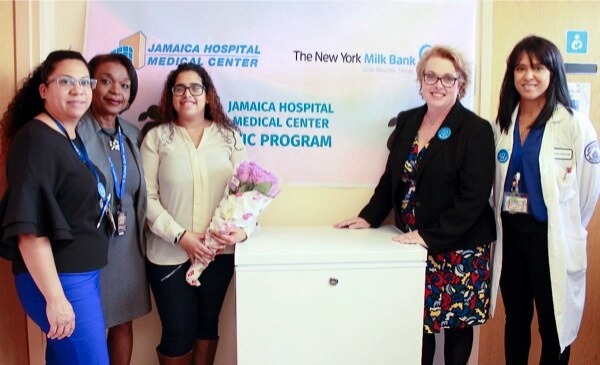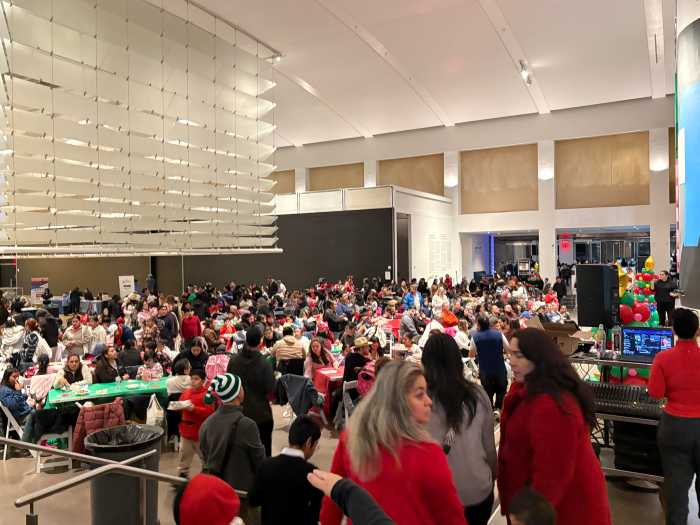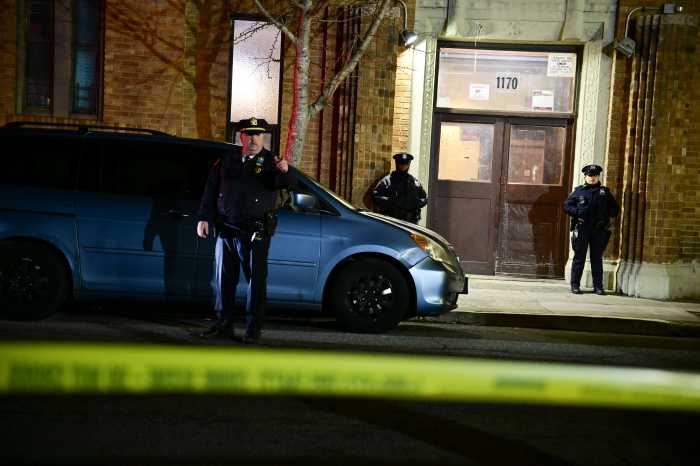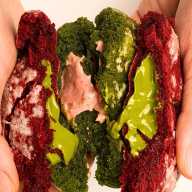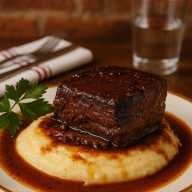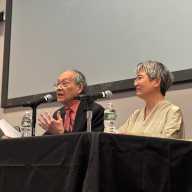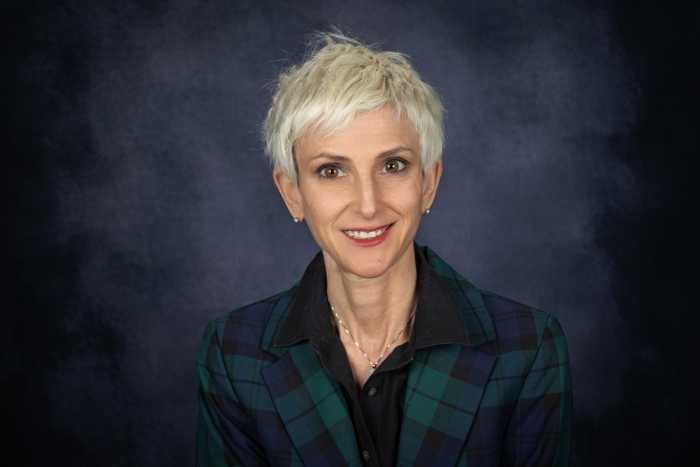By Naeisha Rose
Jamaica Hospital will be the first medical center in Queens to offer a free milk depot for mother’s struggling to breastfeed their babies, according to spokeswoman Xavia Malcolm.
Not only is this convenient for Queens and Western Nassau County mothers, who lack those facilities in their area, but it is also handy for women with excess milk who want to donate without having to travel over an hour to find a center, according to The New York Milk Bank’s manager Roseanne Motti, who has partnered with the hospital’s Women, Infants and Children Department.
The New York Milk Bank is a start-up, non-profit, which opened two years ago in Westchester, with the intention of distributing breast milk from healthy lactating women to babies in need like premature infants whose mothers cannot produce enough milk of their own, according to nymil
“We have been trying to open up depots throughout the boroughs and Queens is the last one,” said Motti, who is from Ozone Park. “While we talk to the donors on the telephone, the welcoming faces are going to be the people here [at Jamaica Hospital] to represent us.”
The Milk Bank’s partnership with Jamaica Hospital could not have come at a better time, because the city Department of Health and Mental Hygiene designated it as a Baby-Friendly medical center in July.
Baby-Friendly hospitals educate mothers on the importance of breastfeeding and help them to continually breastfeed for at least six months so that newborns, especially premature ones, can get as many health benefits from the process, said Paula Utilla, a lactation consultant at the hospital.
Breast milk is essential especially for premature babies because the antibodies in it can help infants become immune to many diseases, said Dr. Steven Inglis, the OB/GYN chairman at Jamaica.
“Breastfeeding isn’t only about food,” Utilla said. “Since babies don’t have a developed immune system until they are age 3 to 4, we recommend babies breastfeed until they are 2, according to the World Health Organization.”
Babies who don’t receive breast milk have a higher risk for ear infections, gastro-intestinal issues, respiratory infections and some cancers, Utilla said.
Mothers who donate breast milk are less likely to develop cancers and it is easier for them to get back to their pre-baby weight, according to the lactation expert.
For moms looking to get to Jamaica Hospital either to receive the free breast milk or donate, the medical center is easy to access.
“We are right across the street from the E-train,” said Utilla. “Before mothers in Queens had to go to parts further out in Long Island, or Manhattan, and Brooklyn.”
Not only is the hospital helpful to struggling mothers who cannot lactate, but it has been supportive to bereaved mothers who have lost their babies and want to become donors.
Conny Suriel, 25, from Glendale is one of those mothers. She was 36 weeks into her pregnancy when she lost her first baby, April Naomi, in her third trimester Sept. 1, but she decided her daughter’s memory could live on through donating the baby’s breast milk to struggling infants.
When Suriel grew up in Corona she learned her big sister, Selines Rosado, 27, was born prematurely and survived past 2-years-old because she was given donated breast milk.
“I was four weeks away from a full-time pregnancy,” Suriel said. “She was a stillborn baby.”
Despite losing her baby she was still lactating.
“When I realized I was still producing so much milk, I didn’t want it to go to waste,” Suriel said. “I looked towards donating it and then I came across the New York Milk Bank.”
She has donated milk three times.
“It’s made our grieving process easier because I know she is saving lives, she is saving other babies,” Suriel said.
Reach reporter Naeisha Rose by e-mail at nrose

